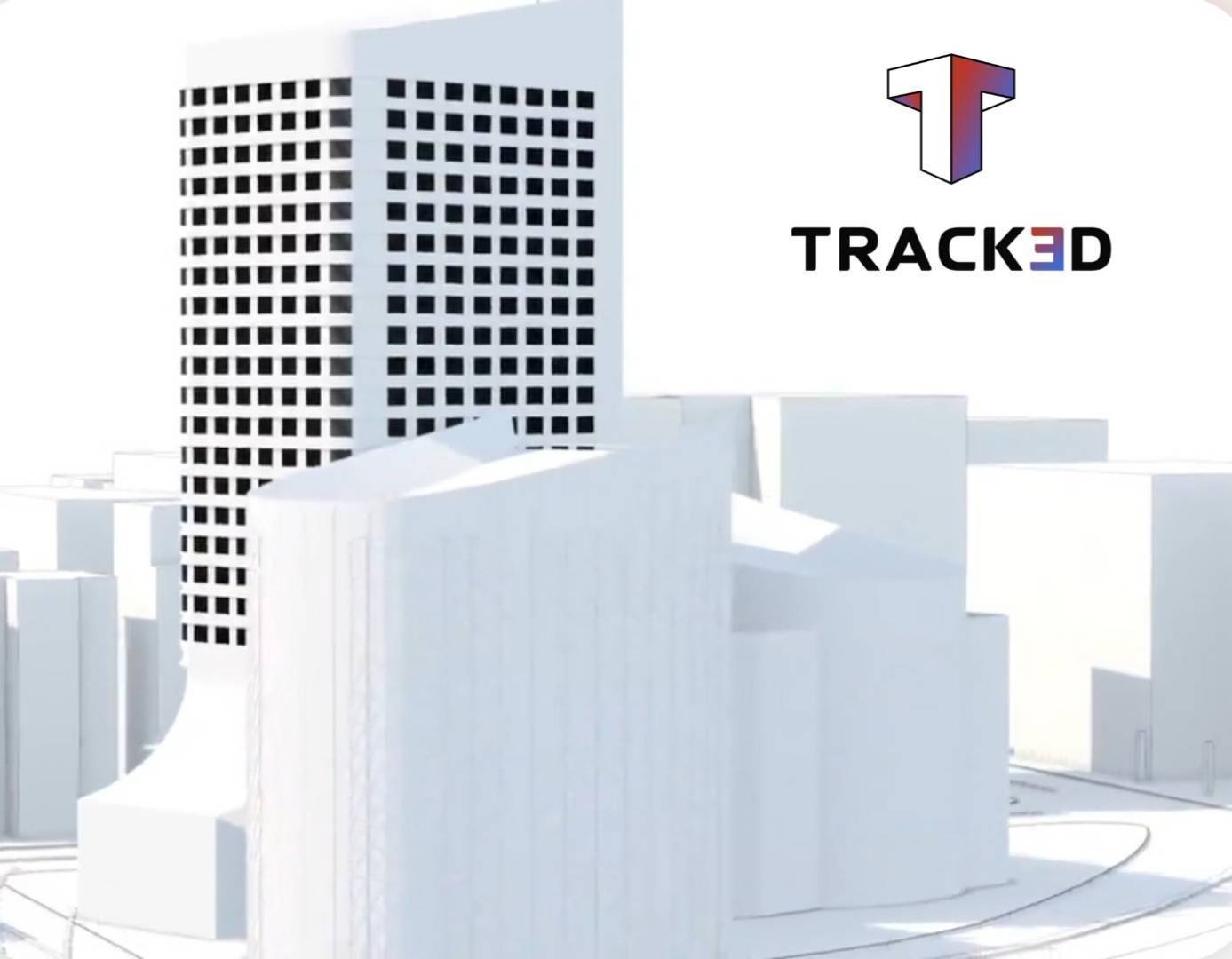The Nashik Municipal Corporation (NMC) plans to identify residential properties being rented out and levy property tax at commercial rates on them. Traditionally, property owners pay lower residential rates on their homes, but according to municipal regulations, if a residential property is rented, it is subject to a higher tax, similar to that imposed on commercial establishments.
Outsourcing Property Identification
To streamline this process, the NMC has taken an important step by outsourcing the work to private agencies. The civic body has already completed the tender process, selecting three agencies to handle the task of distributing property tax bills and verifying rented properties. These agencies are expected to commence work on October 1, 2024, and will be responsible for covering the six administrative divisions of Nashik.
Each agency will oversee two divisions, ensuring complete coverage of the city. These agencies will not only distribute property tax bills but also conduct surveys to check whether the properties listed in the NMC’s records are being rented out. If any property is found to have tenants, the NMC will impose commercial tax rates instead of residential ones.
The Growing Challenge of Unreported Rentals
The NMC’s initiative stems from a common issue faced by urban local bodies across India — property owners renting out their homes but failing to inform the authorities. This failure leads to a significant loss of revenue for municipal bodies, which rely on property taxes as a key source of income.
As per Municipal rules, any residential property that is leased should be subject to a higher tax rate, akin to that of commercial properties, since it generates income for the owner. However, due to non-disclosure by property owners, many rented properties are still taxed at lower residential rates, resulting in a revenue shortfall for the NMC.
The civic body currently has a total of 5.75 lakh properties listed in its records. Despite sending out annual property tax bills, the NMC has been unable to verify the exact number of properties being rented out due to logistical and manpower challenges. By appointing private agencies, the NMC aims to address this gap and recover the lost revenue.
Revenue Boost and Expected Impact
Once the agencies begin their work, the NMC expects a significant increase in revenue from property taxes. A key source of revenue for any municipal body, property taxes fund essential services such as infrastructure development, maintenance, and civic amenities. The additional revenue from rented properties will enable the NMC to better meet the city’s growing needs.
While the exact number of rented properties in Nashik remains unknown, the NMC estimates that the implementation of commercial tax rates on rented residential properties could generate substantial revenue. The verification process will include door-to-door visits by the agencies, and property owners found to have tenants without prior disclosure to the NMC will face retroactive tax assessments at commercial rates.
Challenges and Future Prospects
The new initiative, while promising in terms of revenue generation, could face resistance from property owners who have been underreporting rental arrangements. Some owners may argue that the tax increase is burdensome, especially if they have not been paying at the higher rate previously. In response, the NMC plans to conduct awareness campaigns to educate property owners about their tax obligations and the importance of accurate reporting.
Additionally, the outsourcing of property verification and bill distribution is not without its challenges. The effectiveness of the appointed agencies will be crucial to the success of the initiative. They must ensure that their surveys are thorough and that property owners are provided with the correct information regarding their tax liabilities. NMC officials will closely monitor the progress of the agencies to ensure transparency and efficiency in the process.









.png)